Why I'm worried about Dragon Age: The Veilguard—and the Tiamat-sized RPG Baldur's Gate 3 looming over it is just the start
I don't know how worried BioWare and EA are, but as a huge Dragon Age fan, I sure am
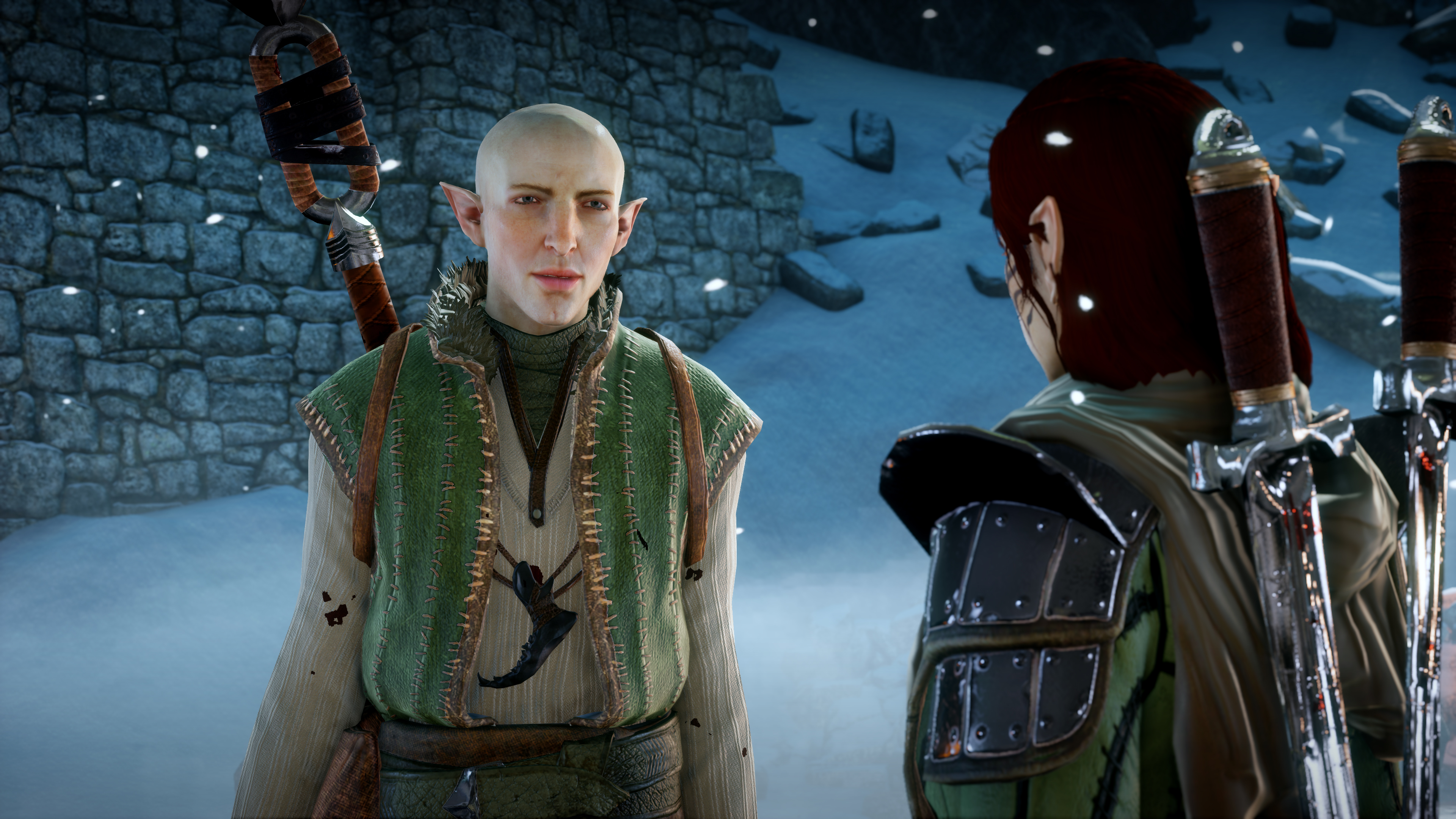
As a huge fan of the Dragon Age series, I'm seriously worried about the impending reveal of Dragon Age: The Veilguard (formerly known as Dragon Age: Dreadwolf), which is reported to be getting an official unveiling next week. This worry stems not just from everything we know so far about its development, but also from my own selfish, personal history with the series, which has been incredibly important to me and, to this day in 2024, I hold great affection for. Oh, and then there's the huge Tiamat-sized dragon in the room, too, but we'll get to that shortly.
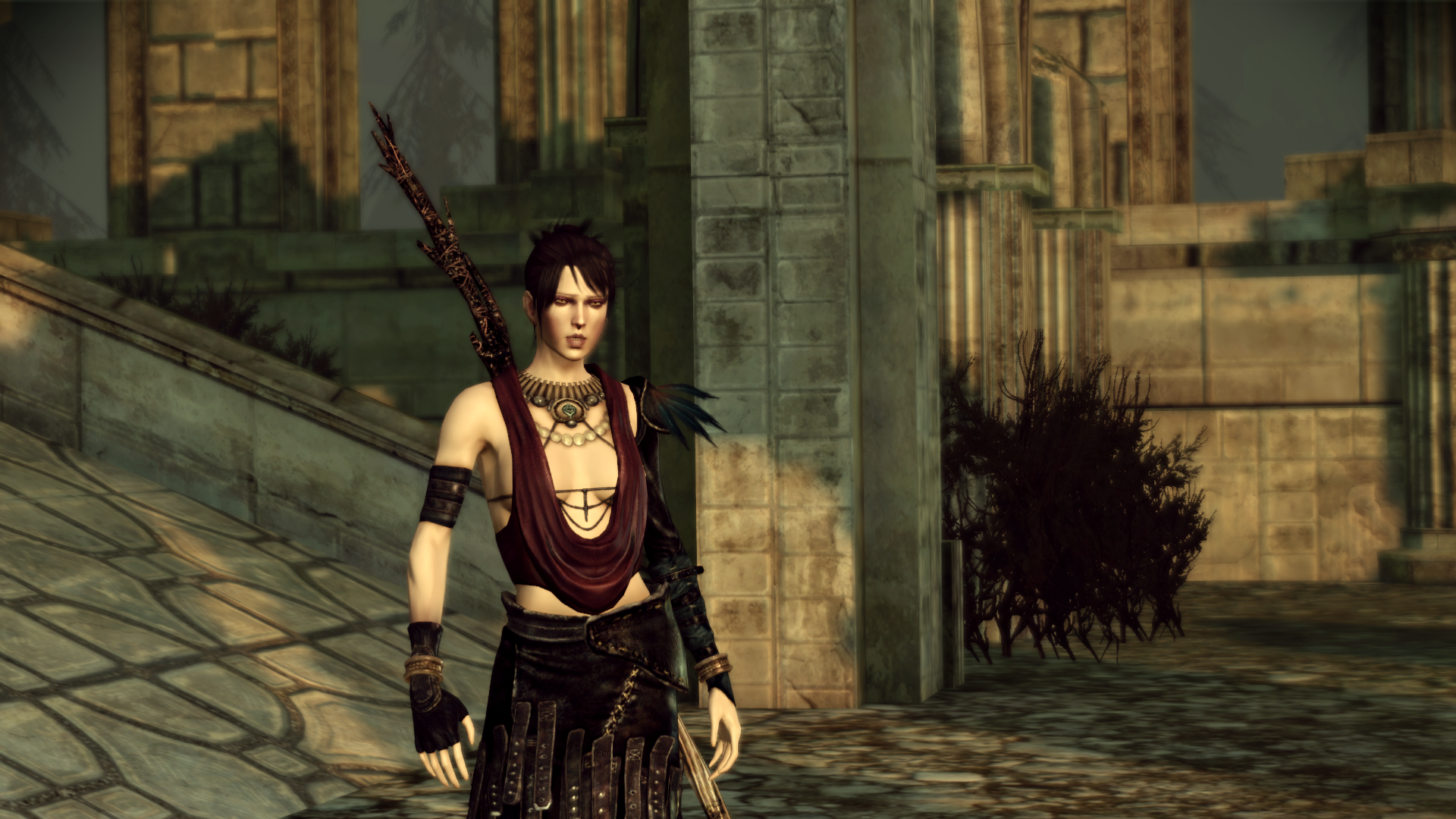
A storied lineage
We all have landmark gaming experiences. Those moment-in-time, formative gaming events that not only shape or reaffirm our gaming tastes, but linger with us long after the dust has settled on their days in the sun. The games of our lives, so to speak.
For me, one of those all-timers was Dragon Age: Origins. It was a fantasy RPG of such immense game-changing scope and class that PC Gamer described it as "mythical" in its 2009 review, calling it the "RPG of the decade" and awarding it one of the highest scores we've ever doled out, a hot as dragon's breath 94%.
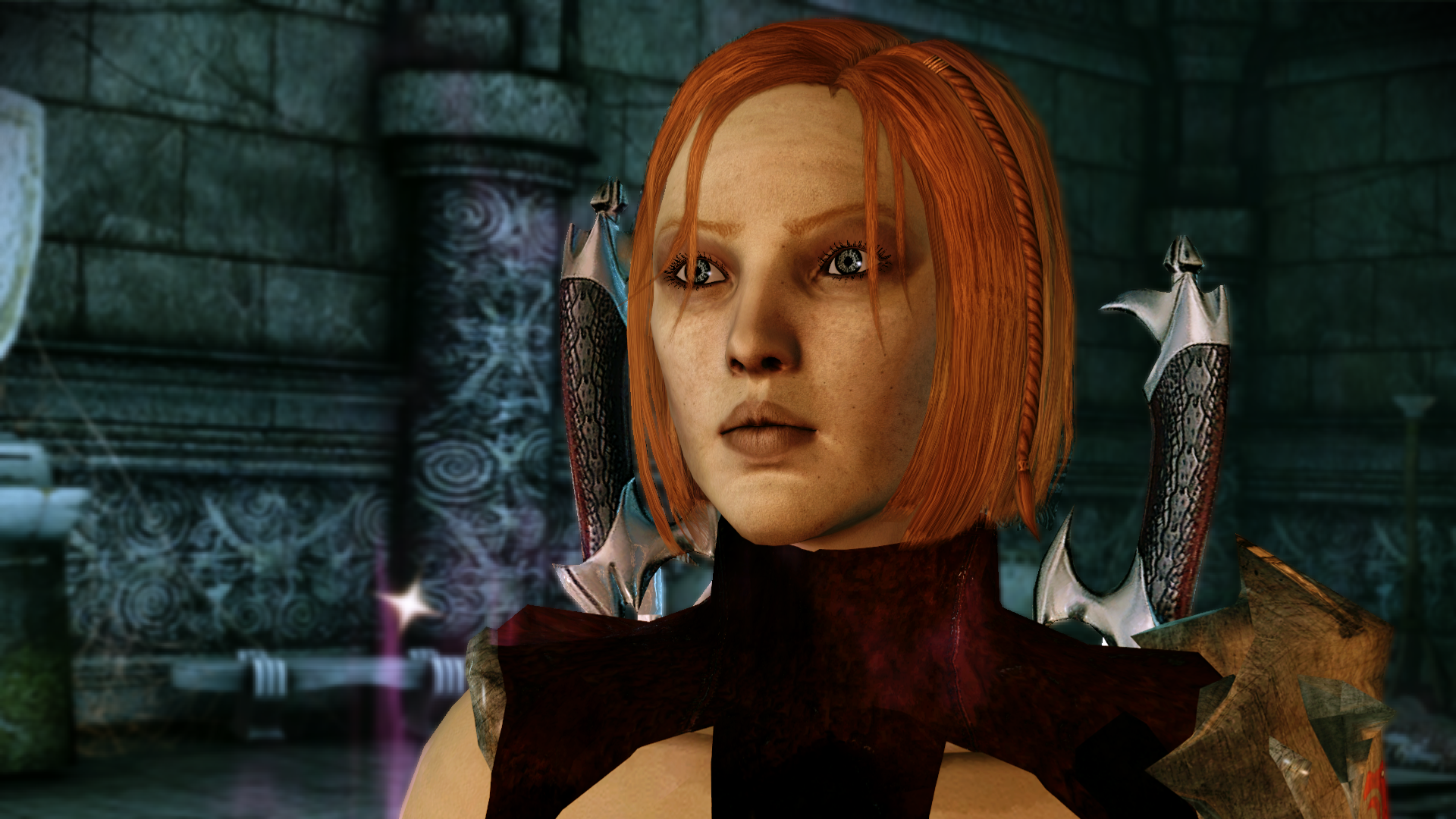
Thanks to the exceptional audio-visual fidelity, buckets of cinematic flair, and—most importantly of all in cementing it as a game of my life—vividly real characters (Morrigan, Alistair, Leliana and more) and mature storytelling, the experience of first playing it remains with me to this day. It was epic in every sense of the word and I, like millions of other PC gamers, had never seen anything like it.
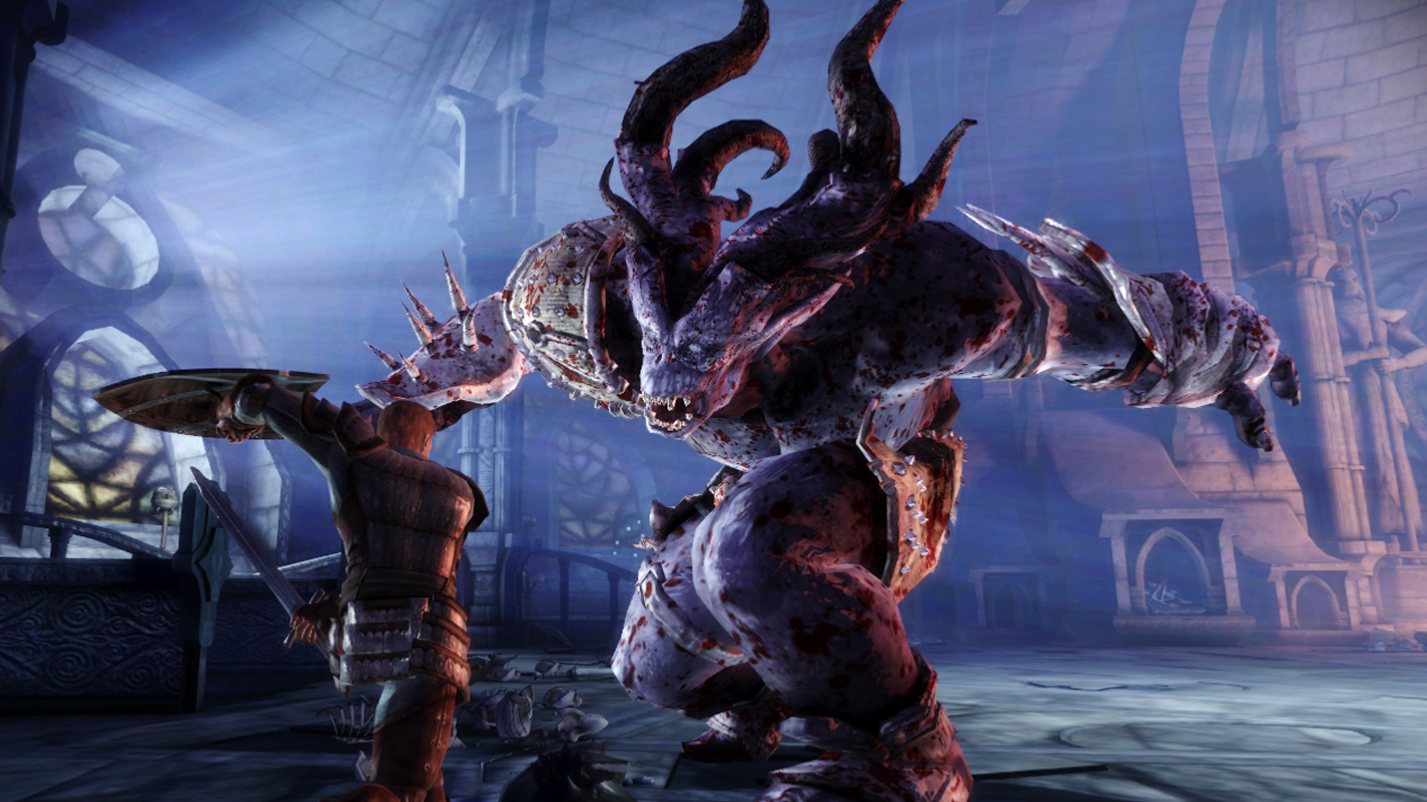
Fade spectre at the feast
And we didn't see anything like it again for almost 14 years, not until Larian Studios dropped its own landmark game-changer, the peerless Baldur's Gate 3, which did exactly what Dragon Age: Origins had done back in 2009, taking the craft of fantasy RPG to an entirely new level of quality, immersion and reactivity, one far in advance of anything else available today.
Yes, sure, we got more Dragon Age in the years between the two releases, but never again did we get a game that matched Origin's ambition or quality. Dragon Age 2? It scored well (in my opinion PC Gamer's Dragon Age 2 review was waaaay too high), but the scope was far reduced and it was hard to say it did anything better than Origins maybe other than in the more engaging, dramatic nature of its combat animations. Coming off the game-changing epic of the original, it was an anticlimax.
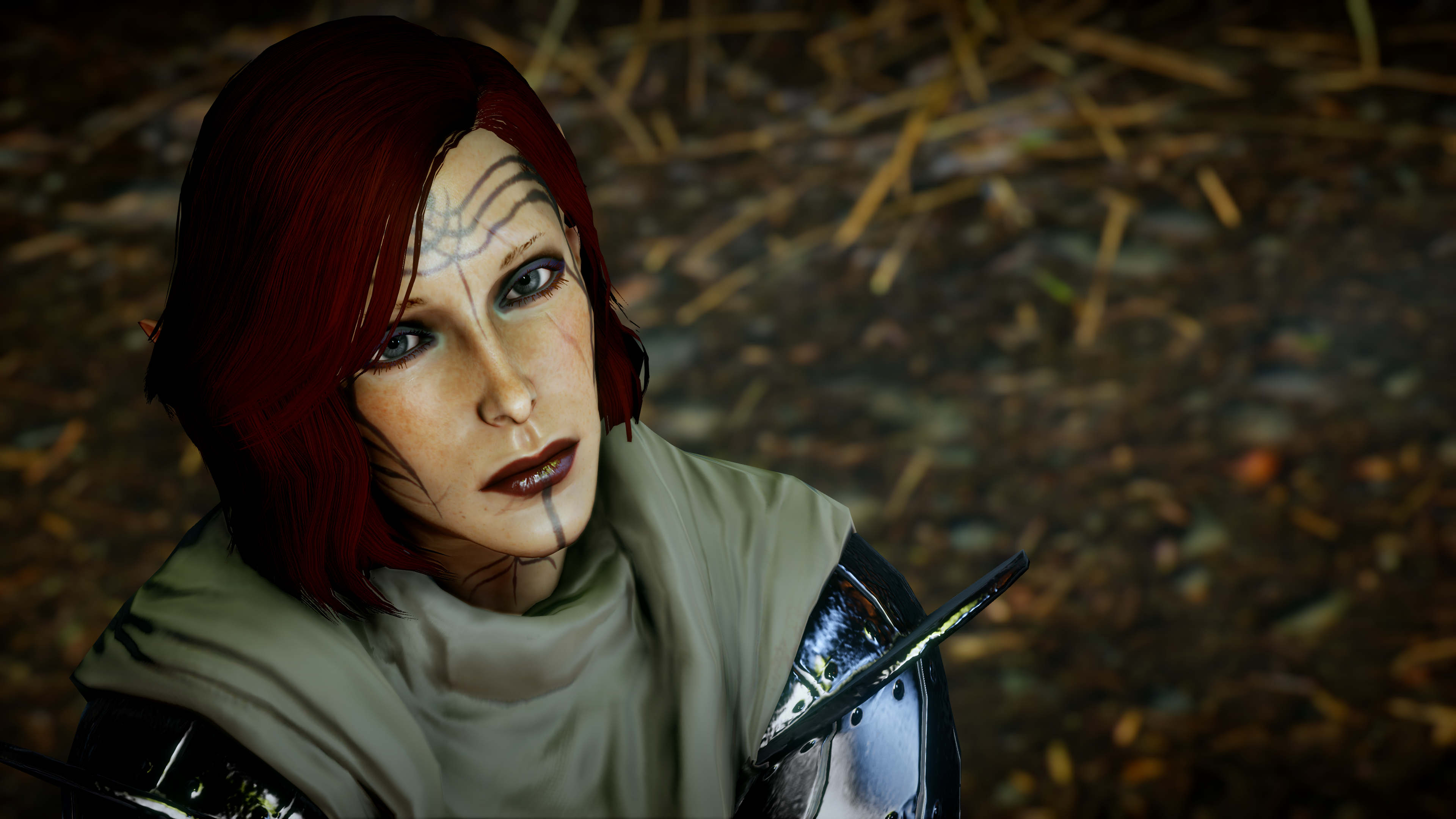
As for Dragon Age: Inquisition, that's an interesting one, and I think my feelings were largely captured accurately in PC Gamer's own Dragon Age: Inquisition review. While there was no doubt that Dragon Age as a series had never looked better, or had more of a cinematic feel, its lower review score of 87%, along with "persistent flaws" and, at least to my tastes, zeitgeisty at the time but now badly dated MMO gameplay elements, meant that while this was no-doubt a great fantasy RPG, it still fell shy of the landmark nature of the original. I've never actually replayed Inquistion to its conclusion after my initial playthrough, and I think that's telling.
Keep up to date with the most important stories and the best deals, as picked by the PC Gamer team.
And then, nothing. For almost a decade, the epic world and lore of Thedas, as well as its cast of memorable characters, have very firmly not been venturing forth in a fourth Dragon Age game. And the depressing tale of that absence has been fantastically reported on previously by authoritative gaming industry journalist Jason Schreier.
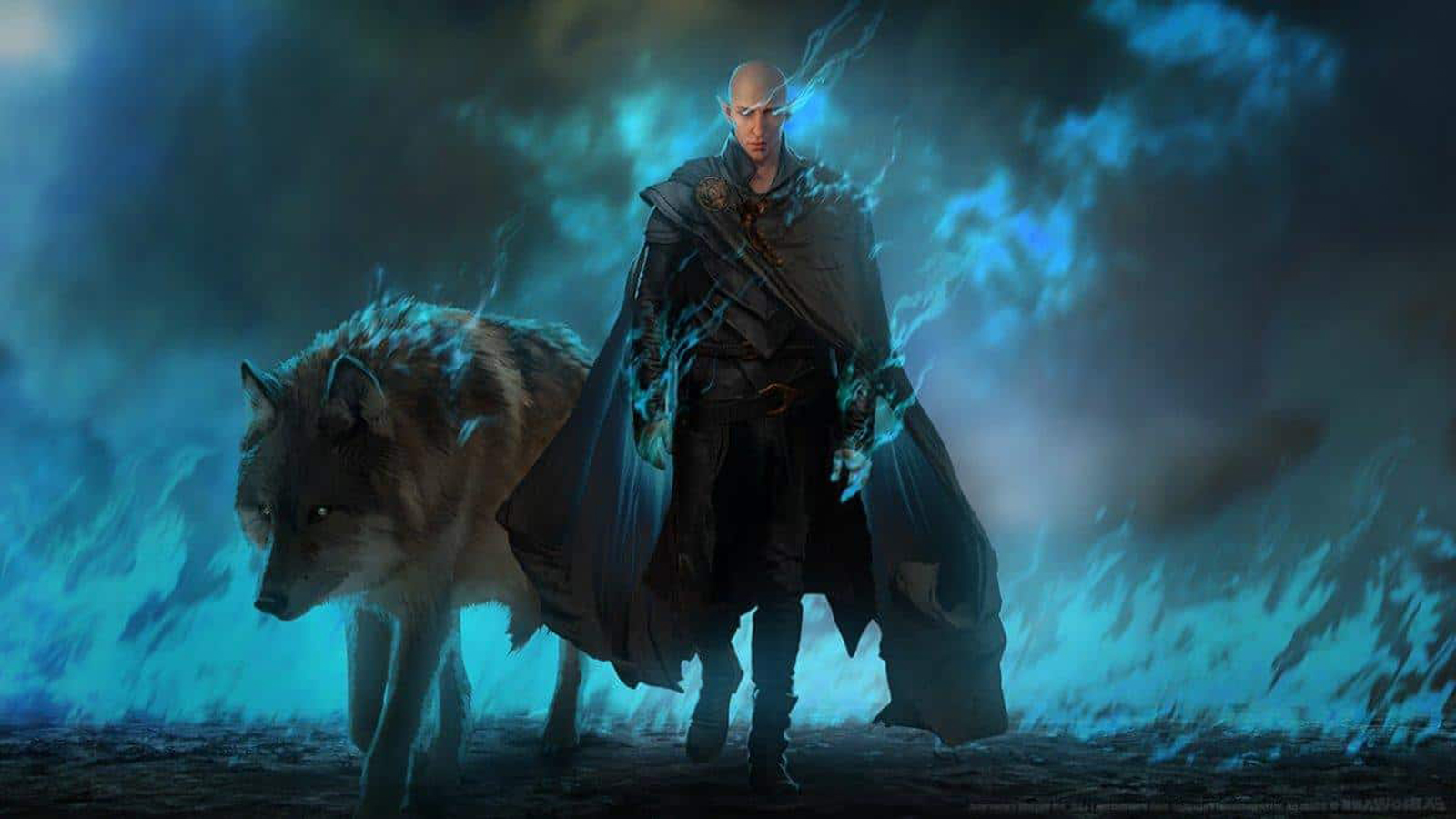
But now here we are. It's summer 2024, and with Dragon Age: The Veilguard finally supposed to be getting a reveal imminently, there's already a huge Tiamat-sized dragon in the room, and that dragon is Baldur's Gate 3, the 97% scoring fantasy RPG masterpiece that, with apologies to Shakespeare, seems to loom over The Veilguard like a Fade spectre at the feast. Honestly, how is The Veilguard going to measure up to this titan? I don't know how worried BioWare and EA are about that, but as a huge fan of Dragon Age, I sure am. The Veilguard now doesn't just have to stand up to other great fantasy RPGs, but against PC Gamer's highest scoring game of all time, one that has swept the board in terms of every video game award going, and one that is, by all benchmarks of quality, one of the greatest videogames events ever.
But it's not just the now inevitable comparison to Baldur's Gate 3 that has me most worried about Dragon Age: The Veilguard, nor its reportedly troubled development history—it's that it could very well be a deflating send-off for a series that started with such immense promise and that, in my mind, has never fully had that promise brought to fruition. The promise that it might have been a series that could have been as impactful and cemented in PC gaming culture and legend as Baldur's Gate has been.
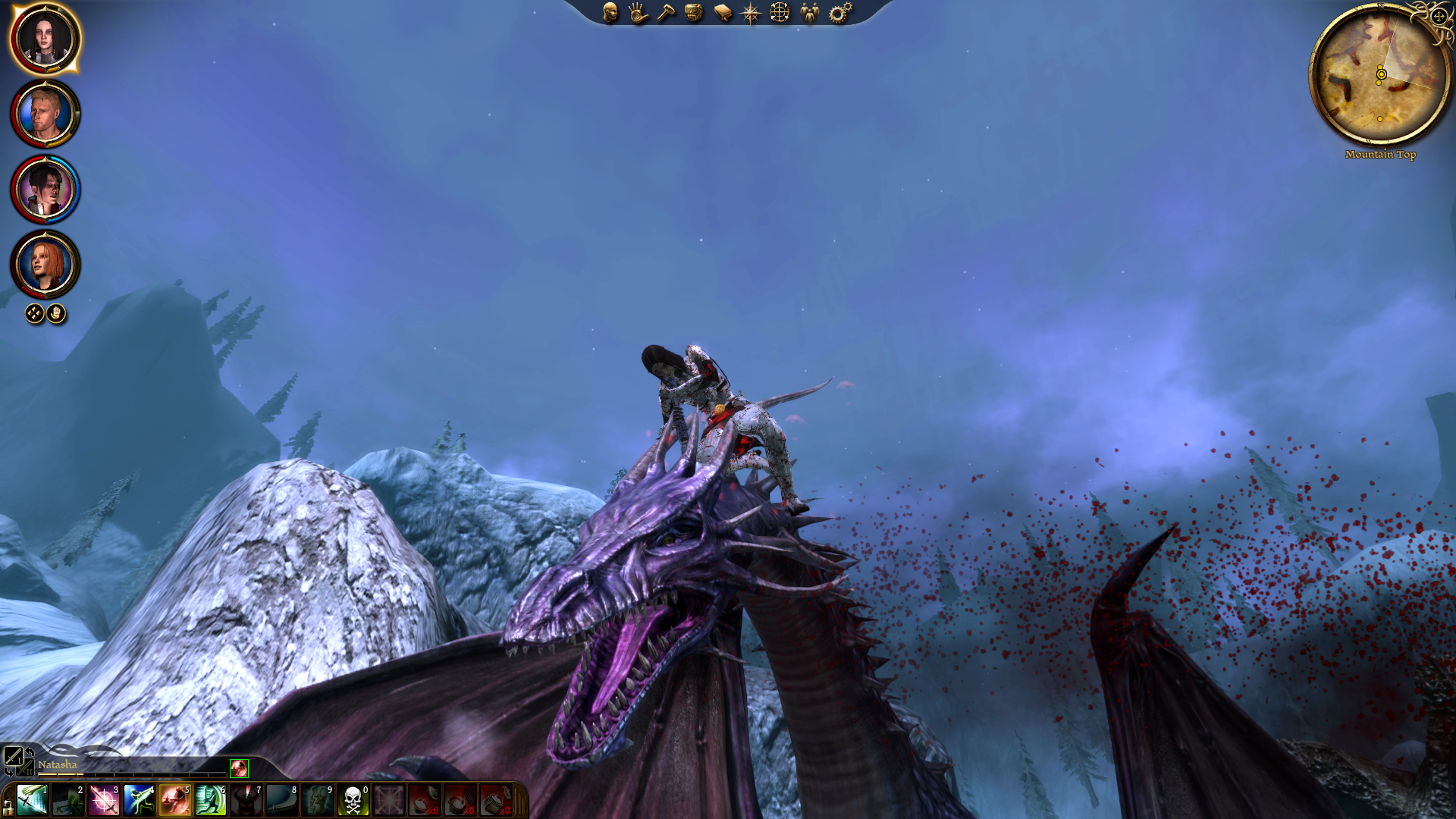
Despite dark omens, I won't walk away
The darkness surrounding The Veilguard is strong right now, both in terms of how little we actually know about it and the fact that last year 50 staff members got layed off from BioWare, including original Dragon Age writer Mary Kirby, the person responsible for bringing fan-favourite character Varric to life. How related to the The Veilguard project these lay-offs were is unknown, but following Schreier's reporting of years of turbulence on the Dragon Age 4 project, it's left a sense in my mind that all has not been well in the state of Thedas during development and concern for the final form it will take well-founded.
But I won't walk away from the series. Dragon Age is one of the defining videogaming events of my life, and while there's a hint of its original magic and promises still left, I'll be keeping the faith in the series and playing its long-awaited next installment. I've got a huge affinity for its world, lore and characters, and I want to experience their continuation and, potentially, finale.
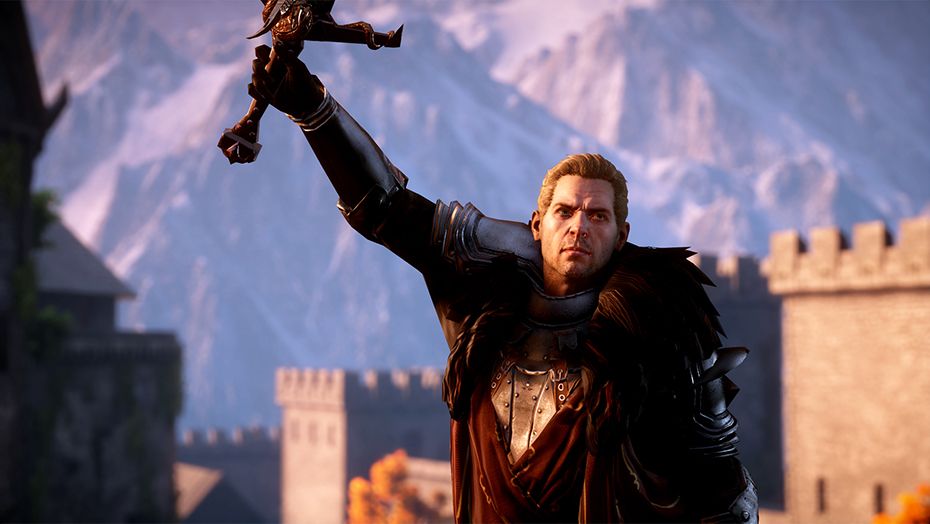
Here's hoping, then, that lightning can truly strike twice in the fantasy RPG genre—after all, Baldur's Gate 3 followed its second installment after a huge wait and was a monumental success. Needless to say, I'll be watching this summer's Dragon Age: The Veilguard reveal while praying to the Maker that a miracle is forthcoming.
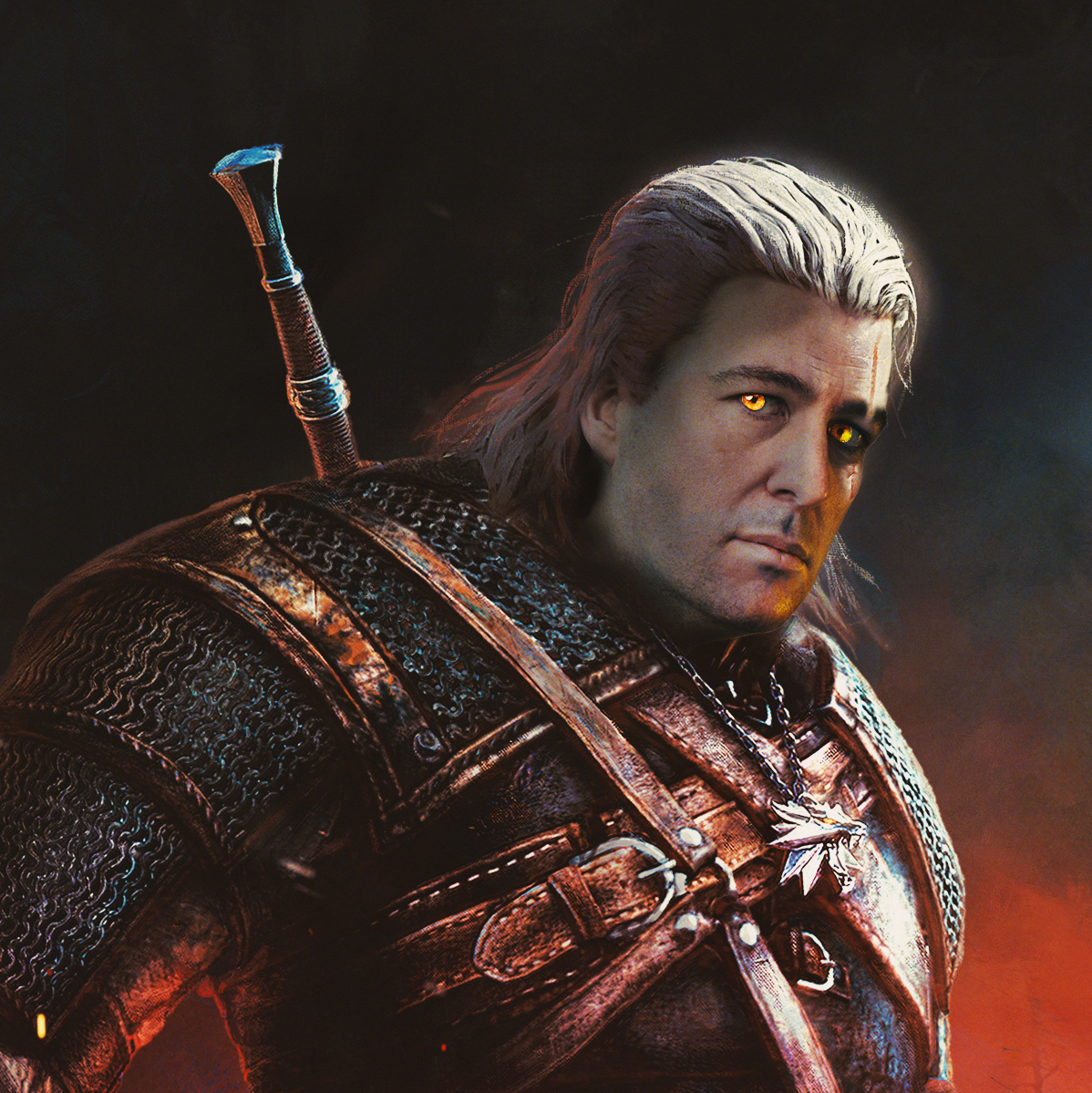
Rob is editor of PC Gamer magazine and has been PC gaming since the early 1990s, an experience that has left him with a life-long passion for first person shooters, isometric RPGs and point and click adventures. Professionally Rob has written about games, gaming hardware and consumer technology for almost twenty years, and before joining the PC Gamer team was deputy editor of T3.com, where he oversaw the website's gaming and tech content as well its news and ecommerce teams. You can also find Rob's words in a series of other gaming magazines and books such as Future Publishing's own Retro Gamer magazine and numerous titles from Bitmap Books. In addition, he is the author of Super Red Green Blue, a semi-autobiographical novel about games and gaming culture. Rob loves riding motorbikes, too.

